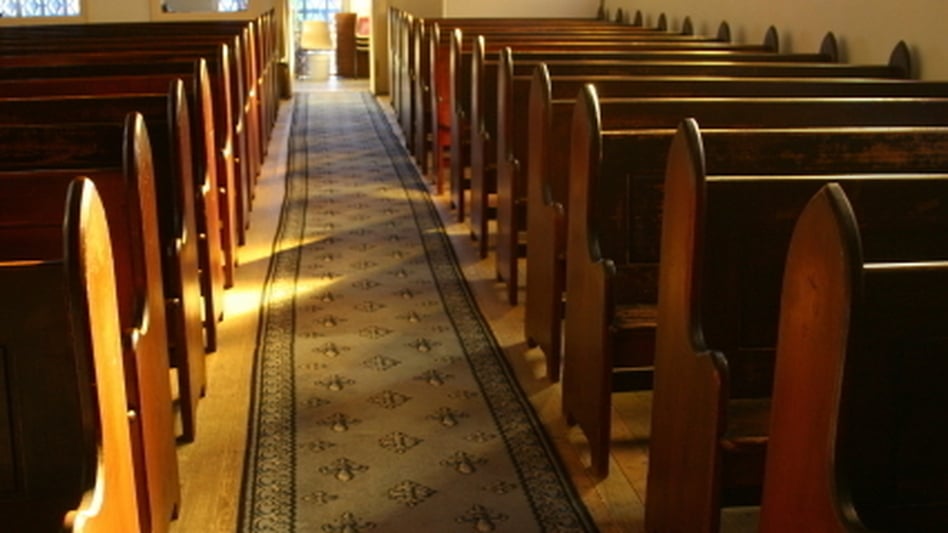I’ve come across several good posts on other blogs recently that tie in with subjects that I have tackled here.
Happiness and Mormons
First, AskMormonGirl, Joanna Brooks, tackles the myth of Mormon happiness:
“… there are lots of sad, anxious, and depressed Mormons too — though you might never tell from the outside. There are even Mormons who shut down vast regions of their inner lives so as not to risk harboring a feeling that doesn’t measure up. For the shadow of Mormon happiness is the tremendous feeling of loneliness and failure we Mormons shoulder when we believe we fail to measure up to our culture’s high happiness standards.”
Happiness and depression are subjects I’ve written about here (“Depression as a friend”) and here (“I’m down with rainy days”).
Depression
Another blogger to write recently about how depression serves us was Kathleen O’Keefe-Kanavos at Patheos. Check out her post “Depression!: A Message from Self?”:
“… deciding to see what lessons I could learn from my depression was the first step toward a cure.
“Looking back on those difficult times I can now answer questions I avoided such as, “Why was I depressed? How did depression serve me and what did it teach me?” Our mind is incredibly powerful and will create (manifest) situations to serve and save us. I came to the conclusion that depression and illness was a way of forcing me to slow down and “look within” at memories (old baggage), events (past and present cycles), people (relationships), and life styles (habits) that are not to my benefit.”
The comments are worth reading as well, as are LaurenF’s comments to my post “Depression as a friend”, which take up the issue of the difference between clinical chronic depression and common situational or cyclical (i.e., seasonal) depression.
Sacrality
Over at No Unsacred Place, Ian Corrigan takes (etymological) issue with the premise of that blog:
“… the essential point of ‘sacredness’ is its separation from the common. To use ‘sacred’ as a reference to unity is rather a contradiction in terms. To say that there is ‘No Unsacred Place’ – that everything is equally dedicated to the special work of religion, is essentially to say that nothing is, in fact, special. If nothing is unsacred, then nothing is sacred.”
I struggled to work out this idea in my post, “When everything is sacred, nothing is”, and came to a tentative conclusion that questions of what is sacred have more to do with us (our existential state) than they do with the natural world.
Spirituality
Finally, Peregrin Wildoak at Magic of the Ordinary has posted a great essay on Legitimate Spirituality and the New Age: an esoteric perspective. It is precisely Peregrin’s insight into this subject that drew me to his blog in the first place. These posts by Peregrinon this subject are worth reading too: “Reclaiming the Reclamation : thoughts on the modern ‘Goddess Movement’” and “Spirituality: are we doing it right?”. Peregrin takes the position that true spirituality is not about healing the ego, but about breaking it down.
“… we need to align our everyday ‘lower-self’ with the spiritual impetus from our Sacred One(s) that seeks to manifest through us. The same reality is referred to in both sentences, the crucial matter being surrender to the divine. Spirituality without this surrender is polluted and corrupted by our own petty ego concerns; in New Age language – our spirituality can become a vehicle for the expression of our patterns, addictions and ‘issues’.”
Peregrin’s post is definitely worth reading. I found it to be a welcome challenge.
The different levels of spirituality is something I have written about before here: “Exoteric and esoteric ritual”. Personally, I am reticent to disregard those ego-healing experience as not “real spirituality”. There is definitely a difference, in my mind, between spirituality which is integrating (what I call “spiritual” in my post) and and spirituality which is dis-integating (what I call “mystical” in my post). I think the two have to be used in conjunction, or at least in succession. It is meaningless and even dangerous to try to break down a person’s ego which is deeply damaged by abuse or trauma. I suggest that the integrating “spirituality” and a dis-integrating “mysticism” are two movements in a the same dialectical cycle (something I hope to write more about soon).















